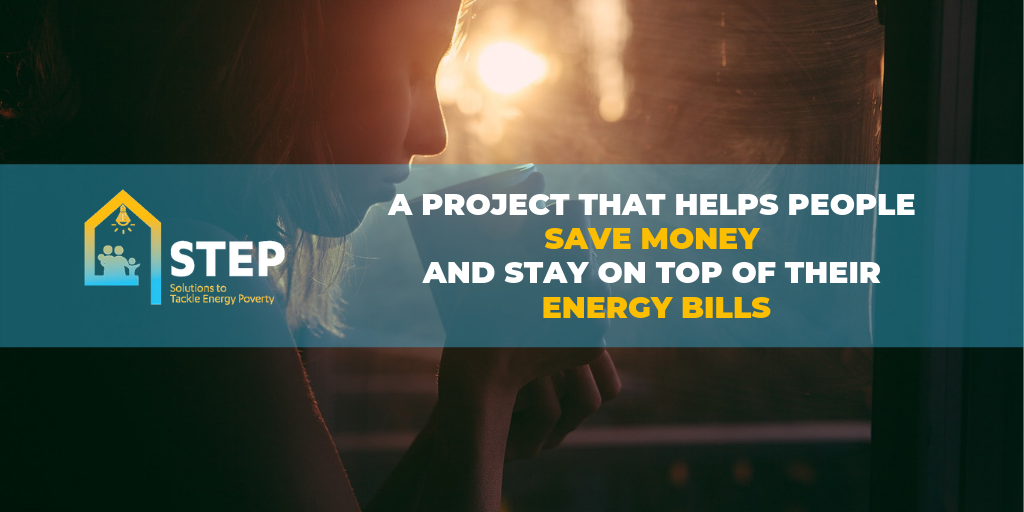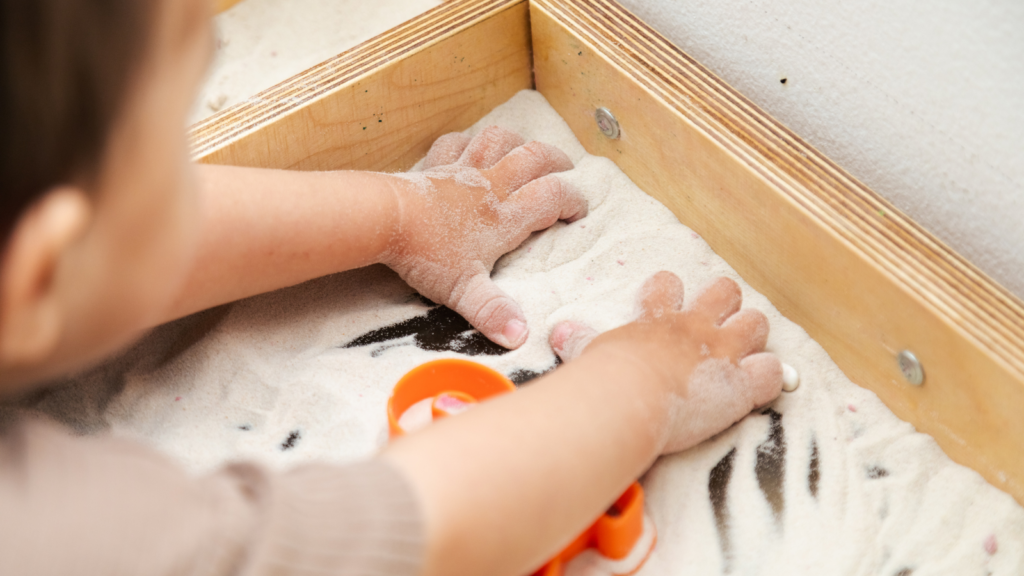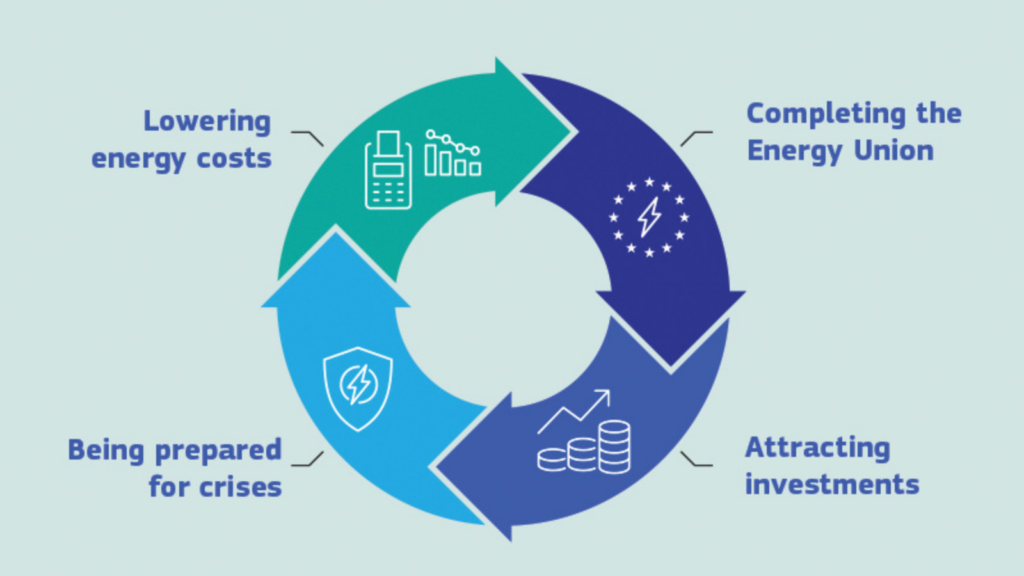The COVID-19 pandemic has meant changes to all of our lives. One of the most marked changes has been the speed at which we have to adapt to almost exclusively digital and online world. One thing that has not changed due to this pandemic, however, is energy poverty. Energy poverty is an issue that is more common than one might think. Heating and cooling our homes is a basic need, but one which many people in Europe struggle with. A staggering one in ten people currently suffer from energy poverty Europe-wide.
The fact that energy poverty is such a widespread phenomenon prompted the creation of the BEUC-coordinated STEP project (Solutions to Tackle Energy Poverty) under the H2020 framework. The project brings together consumer organisations from the European countries worst affected by energy poverty to find creative solutions to tackle the issue.
Before COVID-19 struck, partners were advising energy-poor consumers on simple, energy-efficient measures to help reduce the cost of energy bills. This ranged from helping people to block draughts using simple DIY methods, fix leaking taps or embrace more energy efficient behaviour to keep on top of their energy consumption.
Again, before the pandemic, the STEP delivery model to consumers was face-to-face and in-person. Consumer organisations gave one-to-one advice to the energy poor (including home visits for some) and trained front-line workers either to provide energy advice themselves or to refer clients to consumer organisations for further advice.
Home confinement turned this model on its head, just as the need for energy advice became more important than ever. Many people have lost their jobs or taken pay cuts due to the economic fallout from the pandemic. Most people are or have been confined to their homes because of lock-down measures and teleworking and so are spending more money on energy than normal.
Spending more time at home as a result of lockdown measures could make matters worse. Total energy consumption has declined as large sections of the economy have shut down, but domestic consumption has actually increased, meaning many consumers were in for a shock when receiving their energy bills. Price comparison site uSwitch estimates that extra time spent at home – for both work and leisure activities – will cost the average UK energy consumer an extra £16 (€17.94) per month. In Portugal, consumers are spending up to an extra €25 per month on electricity.
The STEP project partners have risen to the challenge by developing new ways to deliver advice and training. We have taken to social media and remote engagement with other local support services to make both clients and front-line workers aware of our services. We have developed e-learning courses for front line workers and clients. We have organised webinars on particular energy topics for advice staff. And, critically, we have moved most of our face-to-face advice to telephone advice from advisers’ homes.
In the UK, Citizens Advice has developed training modules for both energy poverty advisors and consumers. For front-line workers, this is a course designed to support vulnerable people in their day-to-day work and who want to know more about supporting their clients on using energy in the home. For consumers, there is also a course on using energy in the home, saving money and improving comfort.
Meanwhile, in Portugal, consumer group DECO has started developing training modules for advisors in Portuguese and other modules are to follow shortly. More modules will soon be available in Greek, Polish, Czech, Slovak, Bulgarian, Lithuanian and Latvian. Sign up to the STEP newsletter to keep informed.
With no end to the pandemic in sight just yet and with Europe still in the grips of winter, STEP has also produced a series of YouTube videos with practical tips on energy saving and efficiency (that will soon be translated into all partner languages) to help consumers in energy poverty see the light at the end of the tunnel.
____________________________________________________________________________________
**DISCLAIMER: All opinions in this article reflect the views of the author, not of COFACE Families Europe**
And the author:
Cezara Popovici has been a project officer at BEUC for the last 5 years with experience in energy, capacity building and outreach. With a background in consumer protection and economics she facilitates the work of STEP project partners to create national networks that mitigate energy poverty as well as advocate for stronger policies. energy@beuc.eu
The STEP project has received funding from the European Union’s Horizon 2020 research and innovation programme under grant agreement No. 847080.




